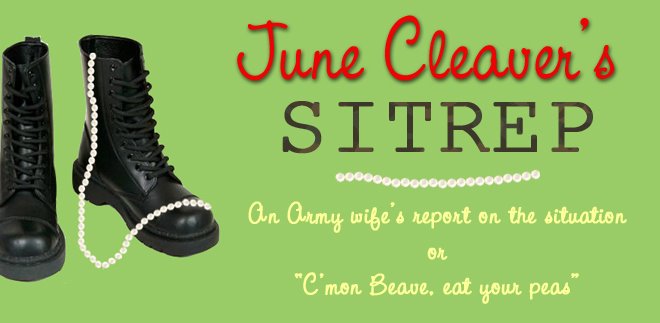I can never get this one right. Lay the book down, I lie down, but it is, now I lay me down to sleep. In the grand scheme of things it doesn’t really matter all that much, except I love the English language and I want to get it right, or do I mean correct?
I looked this one up and found several good explanations. This one from Wikipedia was just good and straightforward about these two troublesome words:
The usage lay has been used intransitively in the sense of “lie” since the 14th century. The practice was unremarkable until around 1770; attempts to correct it have been a fixture of schoolbooks ever since. Generations of teachers and critics have succeeded in taming most literary and learned writing, but intransitive lay persists in familiar speech and is a bit more common in general prose than one might suspect. Much of the problem lies in the confusing similarity of the principal parts of the two words. Another influence may be a folk belief that lie is for people and lay is for things. Some commentators are ready to abandon the distinction, suggesting that lay is on the rise socially. But if it does rise to respectability, it is sure to do so slowly: many people have invested effort in learning to keep lie and lay distinct. Remember that even though many people do use lay for lie, others will judge you unfavorably if you do.
(Hey I am never one who likes to be judged unfavorably!!)
The verb lie is intransitive, meaning it does not need an object. Example: I lie down. The verb lay is transitive, meaning that it DOES need an object. I lay the book on the table.
Tenses are as follows: Lie. Past. I lay down. Past Perfect: I have lain down for five hours. Lay. Past. I lay the book on the table. Past Perfect. I have laid the book on the table.
Lay versus Lie, from another blog:
A frustrating pair. Here's the deal. In the present tense, lay is a transitive verb, meaning it takes a direct object: you lay something down. Lie doesn't take a direct object: something just lies there. If you're tired of holding something, you should lay it down; if you're not feeling well, you should lie down. (Of course I'm excluding lie, "tell an untruth" — this is just the reclining lie.)
Not too bad: if this were the whole deal, there'd be nothing to worry about. But it gets messier, because the past tense of lay is laid, and the past tense of lie is, well, lay.
This whole thing came up when I had to put the kibosh on a certain boy and girl watching a movie together on a couch in my living room, and in that case I got the usage absolutely dead on; for the correct word in that case is SIT!!
Sunday, January 18, 2009
Subscribe to:
Post Comments (Atom)







No comments:
Post a Comment